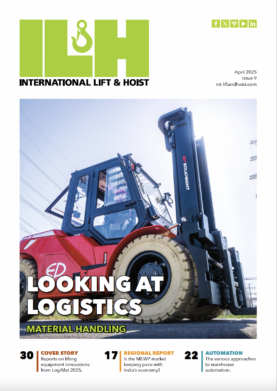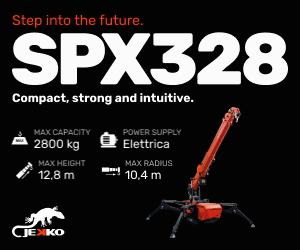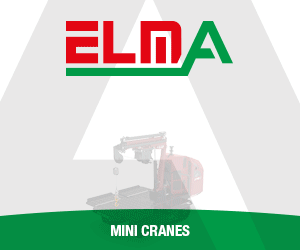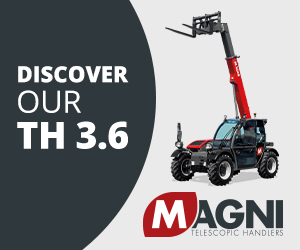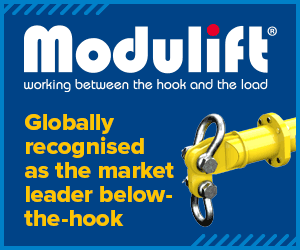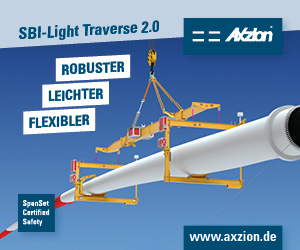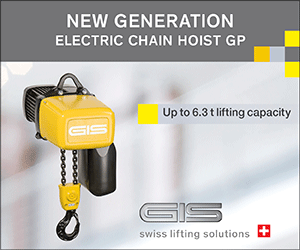LEEA warns UK employers not to cut corners on lifting equipment inspections
The Lifting Equipment Engineers Association (LEEA) is warning UK employers of the risks of being misled as they make periodic examinations of their equipment. Some companies are being tempted to cut costs by not conducting thorough examinations as frequently as required by LOLER (Lifting Operations and Lifting Equipment Regulations).
Geoff Holden, chief executive of LEEA, said: “All UK employers are subject to LOLER, which clearly states that, once in service, lifting equipment for lifting persons or accessories for lifting must be thoroughly examined by a competent person every six months. Lifting accessories include commonly used items such as shackles, steels, hooks and round slings. Only for lifting equipment that does not fall into one of these two categories is the period extended to every 12 months.”
LEEA represents nearly 900 companies in the overhead lifting industry worldwide. and in recent months, it has become aware that lifting equipment users are being incorrectly advised that money can be saved by extending all the intervals between thorough examinations to 12 months.
Thorough examinations are usually conducted by external companies, and LEEA stresses compliance with LOLER lies with the owner of the equipment, not suppliers of examination and inspection services. Holden said: “In the event of a prosecution, the fact that incorrect guidance had been given by an inspection company would not provide a means of defense for the employer.”
LEEA is also worried that the potential provided by LOLER to specify different intervals between thorough examinations, using what is known as an “examination scheme.” is being misinterpreted. “If an employer wants to implement an examination scheme it must be formally drawn up by a competent person,” said Holden. “Any extension to intervals must be based on a rigorous risk assessment.”
Holden added that it is not about staying on the right side of the law. “The requirements reflect the fact that items such as shackles, hooks, and slings typically play a safety-critical role and are subject to wear-and-tear and deterioration both in use and in storage,” he said. “Any short term financial savings realised by not having them checked properly every six months pale into insignificance compared with the possible consequences of failure in service.”



